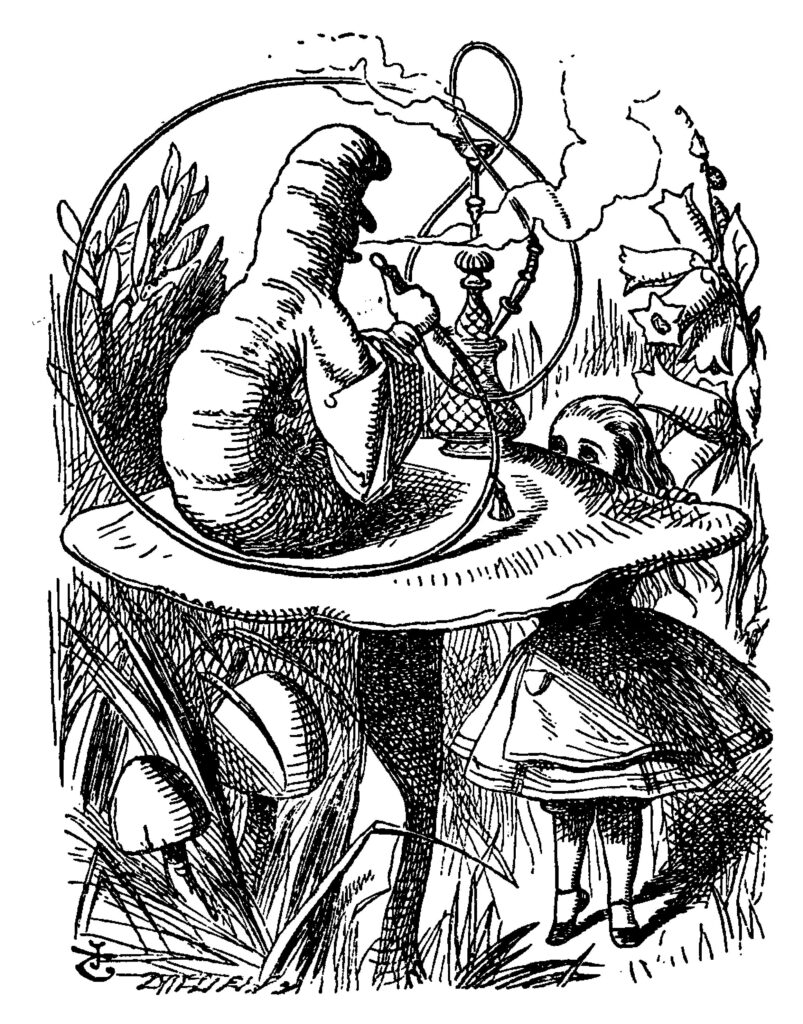British writing changed dramatically during the long reign of Queen Victoria. British Victorian literature (1836-1901) reflects how advancements in science and technology transformed daily life in Britain, and how imperial expansion transformed life across the global empire Britain established.
The novel became the dominant literary form in English during this period, replacing the centuries-old supremacy of poetry, and novelists such as Charles Dickens and Joseph Conrad employed a new realism in depicting British class disparity and the evils of colonialism.
Gothic novels also continued to flourish during this period, especially those of the Brontë sisters, who explored romanticism’s darker themes from a woman’s perspective. Of course, late in the Victorian period, the gothic novel also reached its apotheosis in Bram Stoker’s immortal novel Dracula.
What are Representative Works of British Victorian Literature?
Charles Dickens stands alone when considering both productivity and perfection in the art of the novel. The novels of Joseph Conrad and Emily and Charlotte Brontë, as well, occupy the first rank in terms of literature representative of the British Victorian period. Attention must be paid, also, to the novels of William Thackeray, Thomas Hardy, George Eliot (the pen name of Mary Ann Evans), and Rudyard Kipling.
While the Narrative genre was ascendent during the Victorian period in the form of the novel, Poetry continued to be well-represented, including poetic works by the above-mentioned novelists Hardy and Kipling.
The major works of poetry during this period include: the romantic oeuvre of Christina Rossetti as well as Elizabeth Browning and her husband Robert Browning; the mythic verse of Lord Tennyson, who celebrates King Arthur and Odysseus; the skeptical attacks on class and self-interestedness in the poetry of Matthew Arnold; and the radical experiments in verse form marking the wonderfully spiritual nature-poetry of Gerard Manley Hopkins.
Drama, too, is well-represented in this period by the plays of Oscar Wilde and George Shaw, particularly The Importance of Being Earnest and Major Barbara.
Finally, the tremendous variety of works and influences of the British Victorian era can not be understood without reading Lewis Carrol’s marvelous mash-up of narrative and poetry, nonsense and profundity, the British Victorian novel Alice’s Adventures in Wonderland.

Representative Works of British Victorian Literature
Charles Dickens’ Oliver Twist, Great Expectations, and A Christmas Carol; Emily Brontë’s Wuthering Heights; Charlotte Brontë’s Jane Eyre; William Thackeray’s Vanity Fair; Thomas Hardy’s Tess of the D’Urbervilles and poetry; Lewis Carrol’s Alice’s Adventures in Wonderland; George Eliot’s Middlemarch; Oscar Wilde’s The Importance of Being Earnest; poetry of Christina Rossetti, Elizabeth Browning, Robert Browning, Lord Tennyson, Matthew Arnold, and Gerard Manley Hopkins; Rudyard Kipling’s Kim and selected poems; Joseph Conrad’s Heart of Darkness; Bram Stoker’s Dracula; George Bernard Shaw’s Major Barbara

